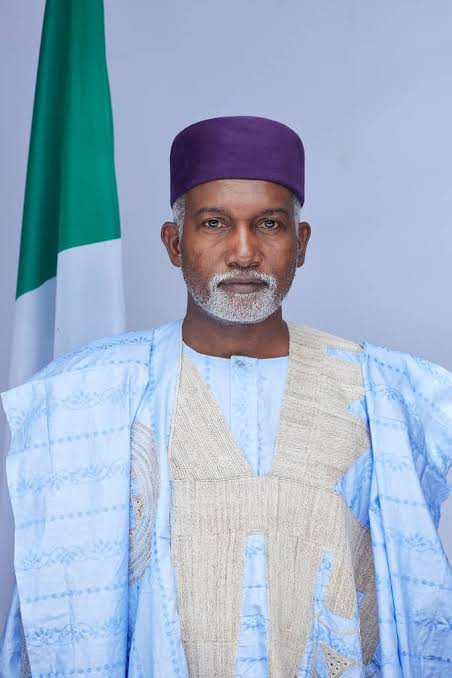Ekiti State Floats Independent Electricity Company

The Ekiti State Government on Saturday said it has incorporated Ile Iyi Electric Power Company Nig. Limited with the Corporate Affairs Commission to effectively handle services relating to electricity and energy engineering in the state.
The state Commissioner for Infrastructure and Public Utility, Prof. Bolaji Aluko, made this known in Ado Ekiti during an audience participation programme on radio, ‘Ekiti Loni/Ekiti Today.’
He explained that the newly registered company would operate as an independent private body devoid of bureaucratic bottlenecks associated with the civil service.
Recall that the Nigerian Electricity Regulatory Commission (NERC) recently ceded its regulatory oversight of the electricity market in the state to the Ekiti State Electricity Regulatory Bureau (EERB).
NERC said that while it exercises regulatory oversight of the Nigerian Electricity Supply Industry (NESI) as the major regulatory agent, per the powers conferred by the Electricity Act 2023, its current ceding was part of the legal requirement to decentralise the operations of GenCos and DisCos in Nigeria, as well as the single Transco.
The new arrangement has taken effect in Ekiti, Enugu and Ondo States, which have existing Electricity Regulatory Bureaus established through laws enacted by their respective Houses of Assembly, and have also met other constitutional provisions.
Under the power distribution decentralisation policy, the electricity tariffs that will be payable in Ekiti shall be subject to ratification by EERB and all related protective policies for customers shall be the responsibility of the Ekiti State Government.
The decentralisation policy took effect when presidential assent was granted to the amendment of relevant portions of the Constitution of the Federal Republic of Nigeria (CFRN) on 17 March 2023.
Aluko highlighted the objectives of the company to include rendering services for the provision of electricity to the public and private sector, as well as rendering such services commercially to individuals and governments of other states in Nigeria.
“It would also render services relating to electricity and energy engineering, including consultancy and design of electricity infrastructure from renewable or non-renewable energy sources, and to develop and deploy technical support services in the electricity sector as a commercial service,” he added.
He said that the company was expected to collaborate with other corporate organisations in engineering businesses involving generation, transmission and local distribution of electricity as well as power metering technology production and sales within Ekiti State.
Aluko noted that the new company would also render strategic support services on best standard practices and process optimisation to corporate organisations and state government institutions in the area of electricity.
He added that when required, it is also authorised to appoint licensed entities to procure and aggregate feedstock for utilisation under the power schemes of Ekiti State and purchase electricity including materials and equipment in bulk from independent power service providers and external sources such as the Transmission Company of Nigeria (TCN) or sell to consumers across the state.
Reiterating the commitment of the Oyebanji administration to the provision of stable electricity, Aluko highlighted the achievements of the administration in the power sector including the establishment of the 5-megawatt Independent Power Project, which is currently providing uninterrupted power supply to government offices and some other key government installations in the state capital as well as the rehabilitated and connection of Erijiyan, Ikogosi and Ikogosi Resorts back to the National Grid to enhance the state’s tourism corridor.
Aluko assured that finding solutions to challenges with stable electricity supply would also address most of the problems associated with the distribution of potable water in the state.
According to him, an unstable electricity supply resulted in the inability to pump water from several water dams across the state to consumers.
















